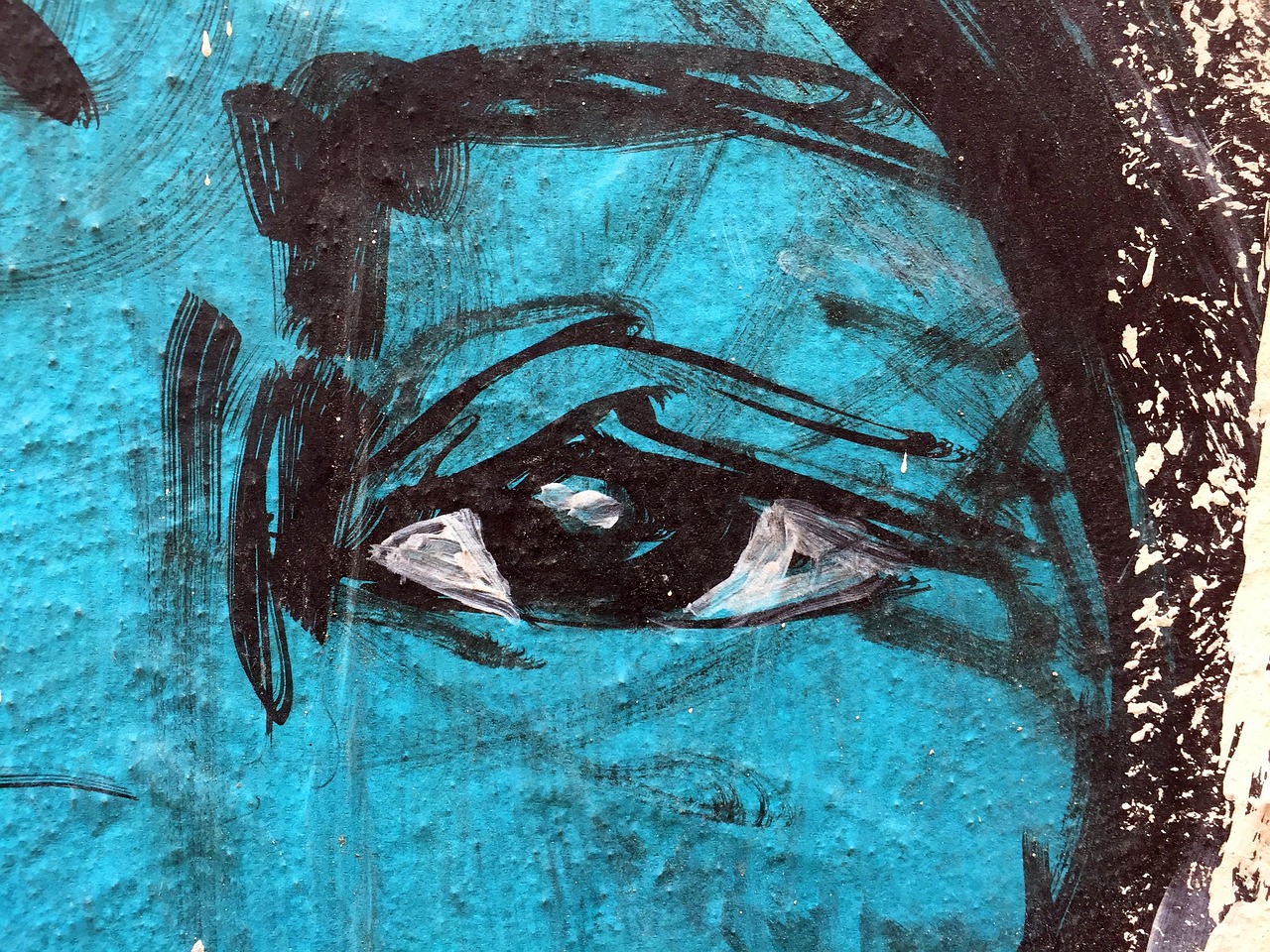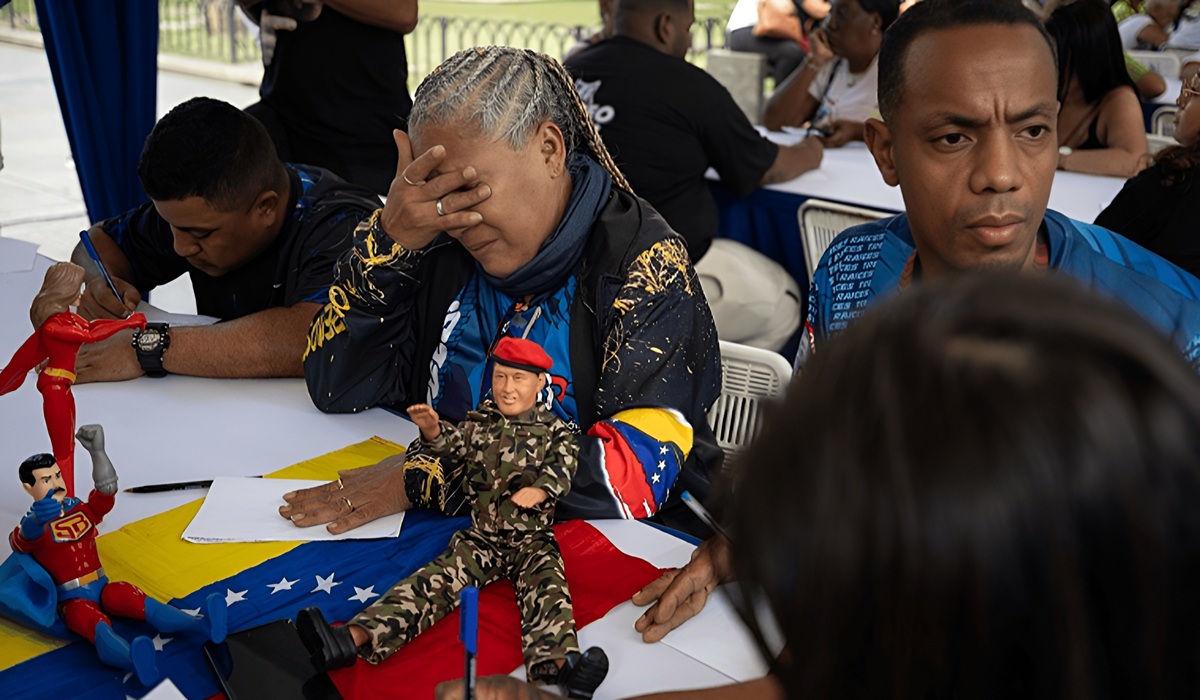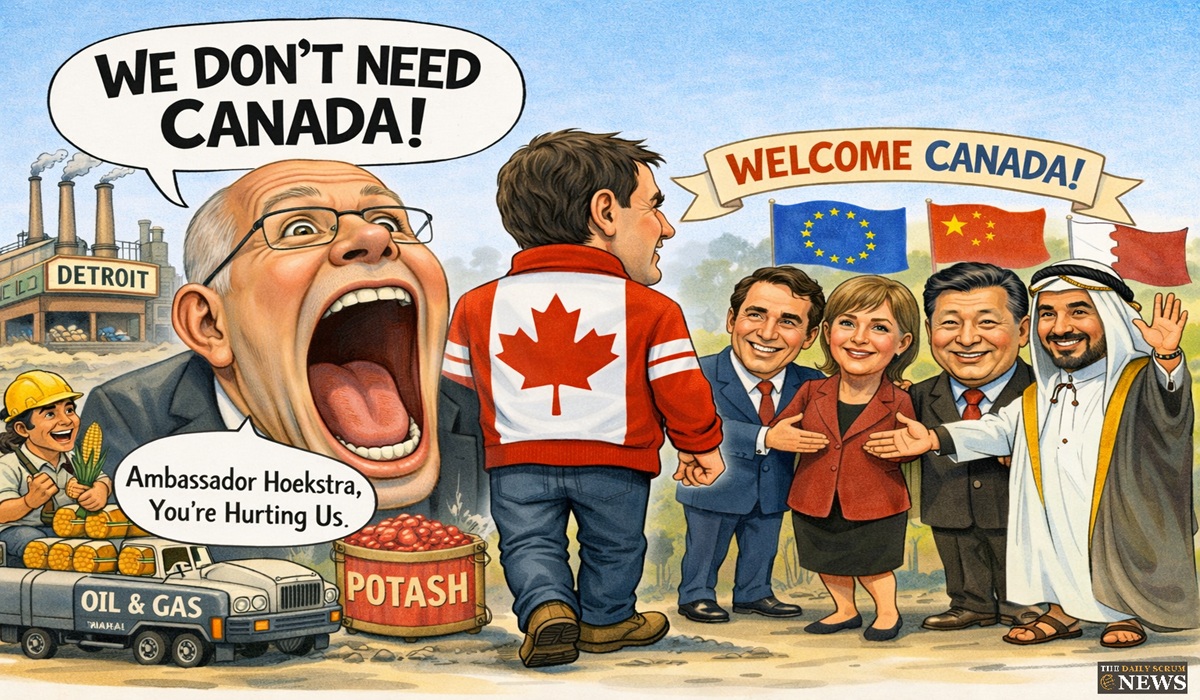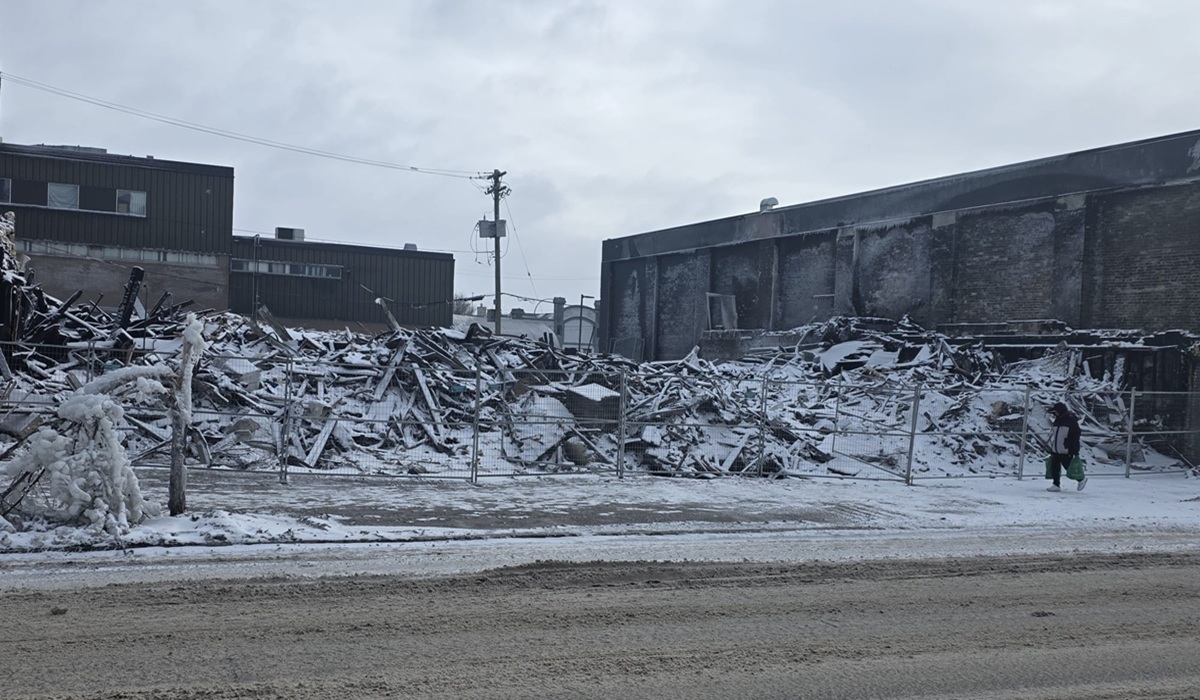Dr. Ruby Dhalla vs. Mark Carney: Who Will Define the Next Era of Liberal Leadership?
- TDS News
- Trending News
- January 26, 2025
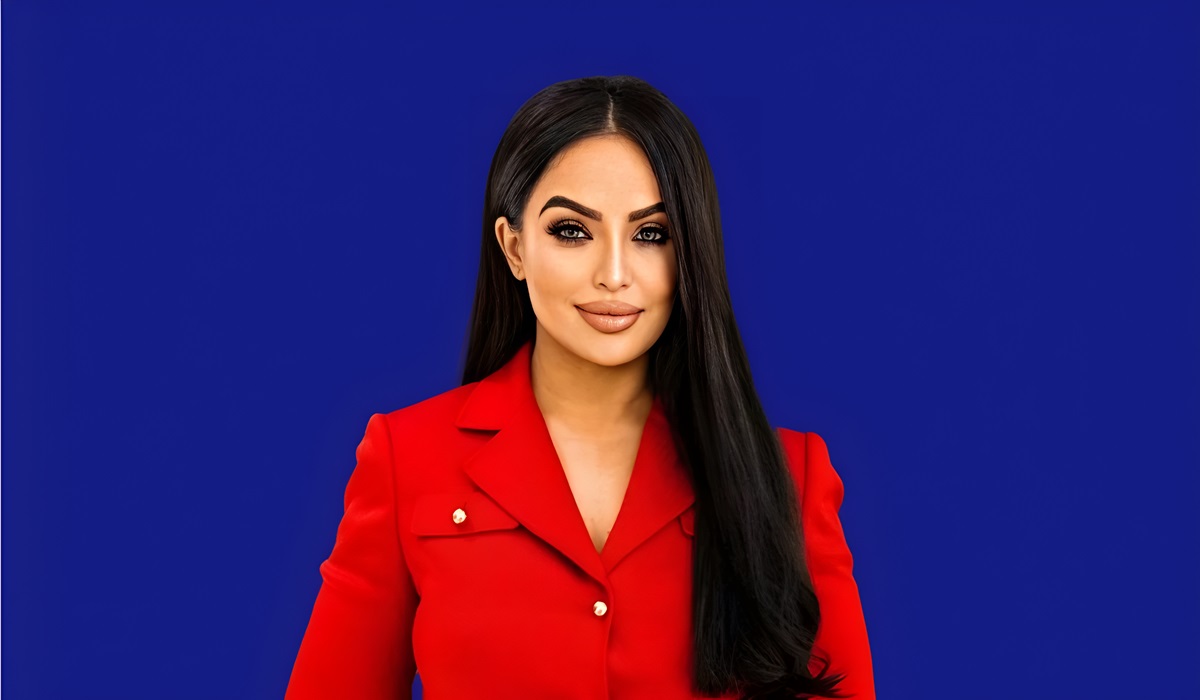
Dr. Ruby Dhalla’s entry into the Liberal Party leadership race is nothing short of groundbreaking. There is no doubt she will go toe-to-toe with perceived frontrunner Mark Carney and can win; setting up a contest that could reshape the future of the party. As the first woman of South Asian origin to serve as a Member of Parliament, Dr. Dhalla’s candidacy represents a historic milestone.
Her candidacy’s significance is magnified by her ability to connect with communities that have been critical to the Liberal Party’s past victories. South Asian, Muslim, and Arab voters, many of whom were instrumental in Justin Trudeau’s rise to power in 2015, are concentrated in key regions that are essential for any leader aspiring to become Prime Minister. These communities hold significant sway in Quebec—a province no leader can afford to lose—as well as in British Columbia, Ontario, particularly Toronto, and Dr. Dhalla’s hometown of Winnipeg. If she can successfully rally these voters, she will not only have the momentum to challenge Carney but would eclipse all other candidates in the race.
The Liberals’ handling of foreign crises, particularly the stark contrast between their approach to Gaza and Ukraine, has left many South Asian, Arab, and Muslim voters feeling alienated. While the government’s unwavering support for Ukraine has been widely publicized, its dismissive stance on Gaza has created a sense of betrayal among these communities. This dichotomy has not gone unnoticed and threatens to drive these voters away from the Liberal Party entirely. The parallels to the U.S. election are striking, where similar disillusionment among these demographics led to abstentions or shifts to third parties. Dhalla’s candidacy offers a chance to rebuild that trust, ensuring these communities remain engaged and committed to a new Liberal vision.
Her political experience, gained during her time as an MP under Prime Minister Paul Martin, is matched by her fresh perspective. Unlike competitors like Chrystia Freeland, who remains closely tied to Trudeau’s policies, Dhalla brings a much-needed outsider’s view. Her absence from the current administration allows her to enter the race unburdened by the controversies and missteps of the Trudeau era.
Dr. Dhalla’s career outside of politics further strengthens her case for leadership. As a successful hotelier and philanthropist, she has demonstrated her ability to navigate complex industries and achieve tangible results. Her business acumen not only reflects her capability as a leader but also resonates with voters looking for someone who understands economic realities. This, combined with her deep connections to grassroots communities, positions her as a unifying figure capable of bridging divides within the party and the electorate.
The stakes of this leadership race extend beyond party politics. With many diehard Liberals, undecided voters and Red Tories, increasingly disillusioned with the Trudeau administration, the party is at serious risk of losing a critical portion of its base. Dr. Dhalla’s ability to energize these voters and rebuild their trust will make the difference between victory and irrelevance in the next federal election.
As the contest unfolds, it becomes clear that Dhalla is not just another candidate—she is the candidate. Her historic achievements, combined with her vision, experience, and deep community ties, make her the leader the Liberal Party needs. This is not merely a race for leadership; it is a battle for the future of the party and its connection to the diverse communities that have long been its backbone. By choosing Dhalla, the Liberals have an opportunity to reinvigorate their vision and secure their place as Canada’s party of progress and inclusivity.


